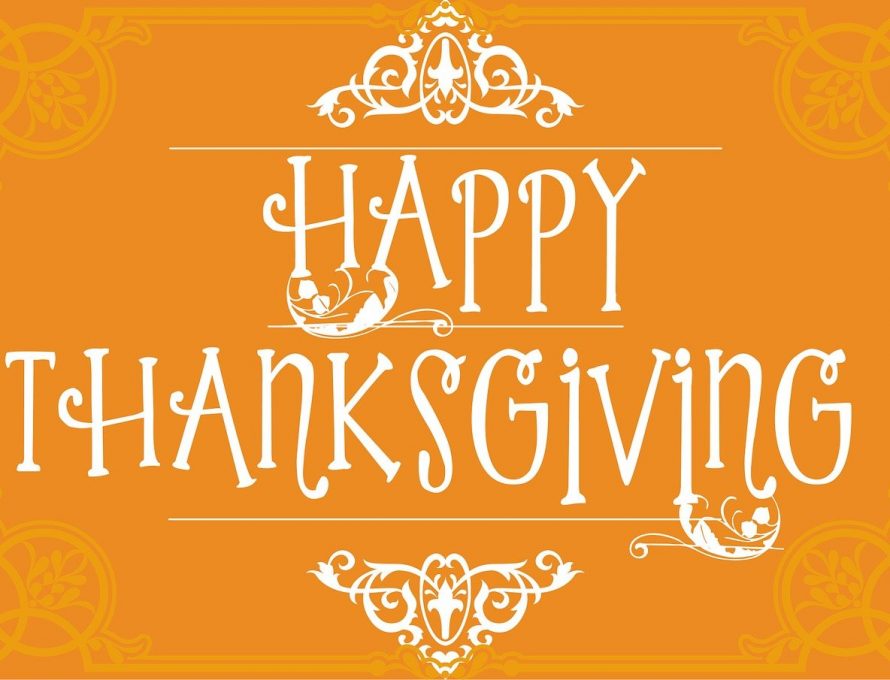Quick…name a chorus or a hymn dedicated to thanksgiving.
Not that easy is it? In fact, outside of a couple of the favorites that are quite old (“Give Thanks,” “We Gather Together,” “My Tribute,” “Come, Ye Thankful People, Come”) I can’t think of many. We know that “thanksgiving” is different from “praise;” however, in our worship time they tend to merge into adoration. This is natural as many of the Psalms that include thanksgiving (which are many) tend to occur inside an “enthronement” psalm or a “royal” psalm.
Thanks, alone, takes effort. Enter the great hymn of Henry Alford, “Come, Ye Thankful People, Come.”
This harvest hymn details the response of an agricultural culture being blessed by a loving and caring God:
Come, ye thankful people, come, Raise the song of harvest home!
All is safely gathered in, ere the winter storms begin;
God our Maker doth provide for our wants to be supplied:
Come to God’s own temple, come, Raise the song of harvest home.
If I may be bold enough to speculate, I believe that part of the thanks issue is that we were an agrarian society. Our livelihoods, and our lives used to depend on the Providence of God to supply what we couldn’t—great weather. In the words of the above hymn we read “God our maker doth provide for our wants to be supplied.” In fact, if you want someone to give an effectual prayer of thanksgiving, ask a farmer, they get it. They understand a dynamic of prayer, that most of us suburbanites simply do not appreciate.
This harvest theme makes the metaphorical second verse so remarkable. I would encourage you read this out loud for a deeper understanding:
We ourselves are God’s own field, fruit unto His praise to yield;
Wheat and tares together sown unto joy or sorrow grown;
First the blade and then the ear, Then the full corn shall appear;
Lord of harvest, grant that we, wholesome grain and pure may be.
Wow! Alford takes something that every farmer understood: the natural cycle of harvest. He then created a beautiful metaphor for sanctification. It gets better in the final verse:
Even so. Lord, quickly come, bring Thy final harvest home;
Gather Thou Thy people in, free from sorrow, free from sin;
There, forever, purified, in Thy presence to abide;
Come, with all Thine angels, come, raise the glorious harvest home.
This final verse forecasts the amazing second coming of our Christ, and our personal glorification. This hymn provides such elaborate allegories of the harvest, and all through the act of giving thanks. In our cubicled, or virtual, world of supply and demand that we live in today, it is crucial for us to remember the bold act of thanks. Make it a daily part of your prayer life, and a weekly journey in your time of corporate worship. Let us be a “thankful people.”

